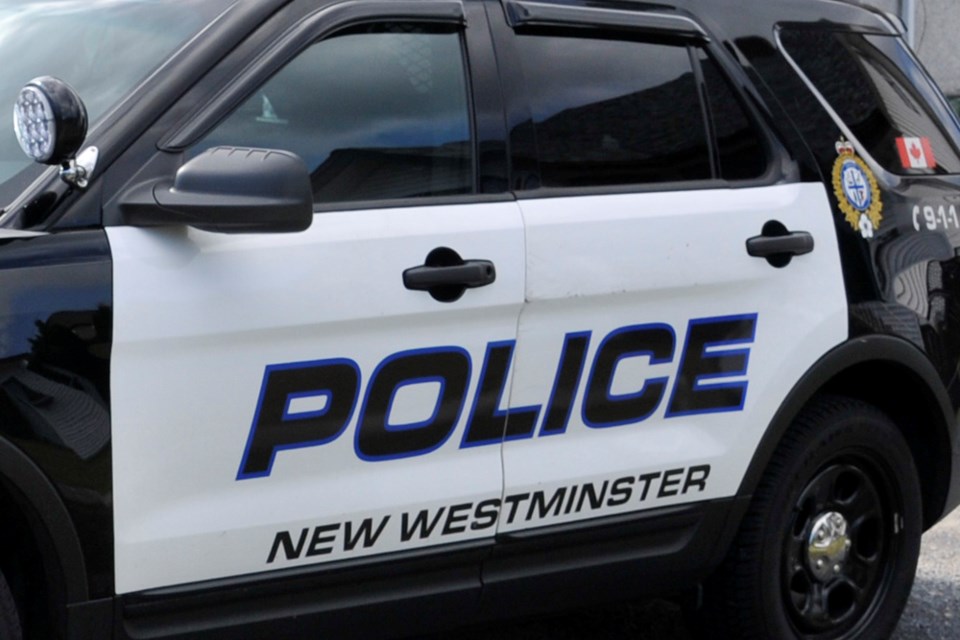If you’d like to see New Westminster police officers wearing body worn cameras, you’re not alone – so would the city’s top cop.
Chief Const. Dave Jansen broached the subject of body-worn cameras at the recent New Westminster police board meeting, where the board considered a report written in response to a wide variety of public concerns and questions about police practices and policies. Following the police-involved death of George Floyd, a Black man in Minneapolis, the local police force received dozens of emails and comments on social media.
A report to the police board states that the provincial government created a policing standard for body worn cameras (BSWs) on July 1, 2019, but did not mandate that they be used. BSWs, which are mounted on the torsos of police officers, digitally capture and store police interactions with the members of the public and gather evidence at crime scenes.
“If you ask me my personal feeling, I wish we did have body-worn cameras,” Jansen told the police board. “But I recognize that I don’t make that decision in a silo. It’s something that we need to talk to the board about. It’s something that we need to talk to the community about. It would be something that we need to have a larger conversation with some of our partners in the criminal justice system about. But I personally wished we had them. I look forward to that conversation when we move forward with the board about where we might go with that.”
According to the report, body worn cameras came into widespread use in the United States after the 2014 shooting death of Michael Brown in Ferguson, Missouri.
“In addition to the evidence-gathering benefits that BWCs provide, there have also been a number of studies conducted to determine if their deployment does in fact improve public trust through the reduction of police use of force and complaints against the police,” said the chief’s report to the board. “The results of these studies have been mixed, with some studies showing a decrease in use of force and complaints, while other studies have not shown much change.”
While he thinks there are “many benefits” to having body worn cameras, Janzen said there are also a variety of issues that need to be considered, such as privacy, when officers have them on and when they turn them off, financial costs to police departments and the use of the data collected.
“It is a discussion that we are certain open to having,” he said.
Former New Westminster Chief Const. Dave Jones told the Record in September 2014 that body cameras were “an inevitable reality” in New West, but issues such as privacy, storage and discourse of the recorded items would have to be resolved. The Record made repeated interview requests to the NWPD on the topic last year, only to be told in November 2019 that the issued had been placed on the backburner.
This is part of a series of stories running in the Record in response to calls for police reform.



